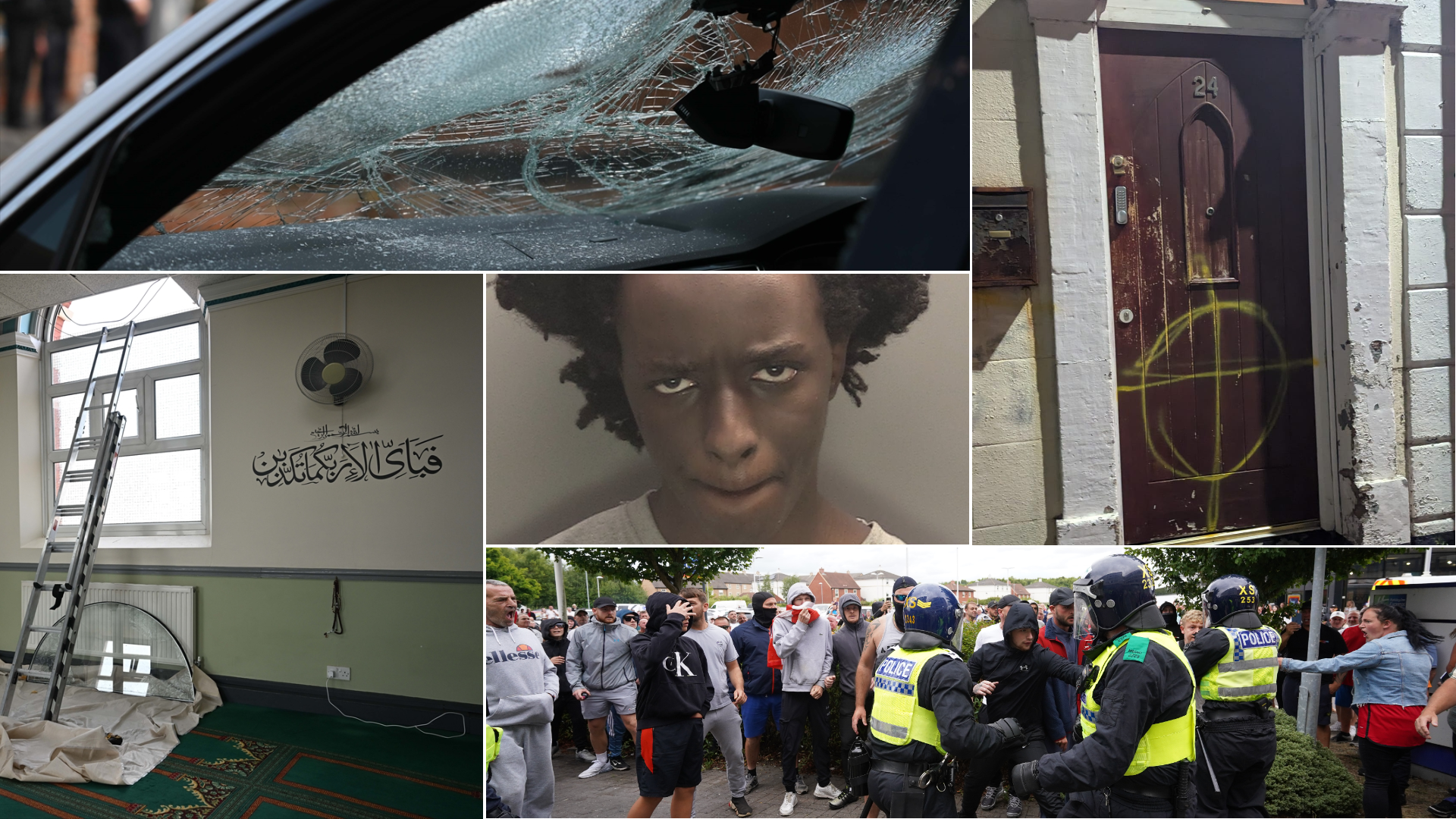
Nadine Osman
False claims that the Southport triple murderer was a Muslim illegal immigrant spread like wildfire online due to a lack of transparency from prosecutors, a parliamentary inquiry has found.
The Home Affairs Select Committee’s report, published on April 14, criticised the Crown Prosecution Service (CPS) for giving Merseyside Police “regrettable” and “inconsistent” advice that blocked the release of key facts about the suspect, Axel Rudakubana—including his religion.
The report pointed out that the CPS’s failure to release crucial information following the July 29 murders of Bebe King, Elsie Dot Stancombe, and Alice da Silva Aguiar at a Taylor Swift-themed dance class in Southport, created a void that allowed misinformation to spread unchecked. This information vacuum was swiftly filled with a false narrative portraying Cardiff-born Rudakubana—a Christian of Rwandan descent—as a Muslim illegal immigrant. The claim went viral on social media, amassing over 30 million impressions and fuelling a wave of public unrest.
The committee underscored that this lack of official information was a critical factor in the spread of false claims. “The lack of official information… created a vacuum that allowed misinformation to spread,” the report states. Without clear communication, baseless stories began circulating, which only added to the confusion and outrage. The spread of these false claims had dire consequences. It triggered 246 protests, counter-protests, and incidents of disorder across the UK, resulting in 1,804 arrests and 1,072 criminal charges.
Two-tier policing claims slammed
The committee strongly condemned the false narrative of “two-tier policing,” emphasising the damage it caused to public trust and to officers who faced violence during the riots. “It was disgraceful to see the police officers who bore the brunt of this violence being undermined by baseless claims of ‘two-tier policing,’” the report stated.
These accusations emerged in the aftermath of the disorder, with some claiming that police had targeted right-wing protesters more harshly than others based on political affiliation. The rumour quickly gained traction online, amplified by high-profile figures. Reform UK Leader Nigel Farage asserted that “the idea that there is two-tier policing is now widespread in society,” pointing to what he described as uneven police responses in places like Harehills and Southport. Billionaire Elon Musk added fuel to the fire by dubbing Prime Minister, Keir Starmer, “two-tier Keir” and accusing the government of favouring certain groups. Far-right activist Tommy Robinson alleged that right-wing protesters faced disproportionate crackdowns, while actor and political commentator Laurence Fox echoed similar claims about biased policing.
These unfounded assertions helped spread misinformation and inflamed public anger, deepening mistrust in law enforcement. However, the committee firmly rejected the claims, calling the police response “entirely appropriate.”
MPs clarified that those engaging in violent acts—throwing missiles, assaulting police officers, and committing arson—were not treated more harshly due to their political views, but because of the severity of their actions. “Those participating in disorder were not policed more strongly because of their supposed political views but because they were throwing missiles, assaulting police officers and committing arson,” the committee explained.
Dame Karen Bradley, Chair of the committee, took a firm stance against the accusations. “Organised disorder is rightly met with a robust response,” she said, adding that comparing non-violent protests with the violent riots that followed the murders was “simply wrong.” She described claims of “two-tier policing” as “disgraceful,” emphasising the need to defend police actions in the face of such extreme violence.
The committee also addressed the failure of police forces to anticipate the risks posed by misinformation, particularly on social media and the dark web. MPs highlighted how the spread of false claims about Rudakubana—such as the unsubstantiated suggestion that he was an asylum seeker—had escalated tensions and fuelled further violence. “The spread of false claims about the Southport attacker—specifically the unsubstantiated suggestion that he was an asylum seeker—had escalated tensions and exacerbated the violence,” they noted.
In light of these findings, the committee welcomed the Law Commission’s review of the Contempt of Court Act 1981, which restricts the publication of certain details during ongoing trials. MPs expressed hope that the review would address whether the law should be amended to hold individuals accountable for releasing potentially prejudicial information that could incite public disorder. “It is a grim reality that bad actors sought to exploit the unspeakable tragedy that unfolded in Southport,” Dame Karen Bradley concluded, stressing the need for legal reforms to combat misinformation in an era where it spreads rapidly.
The committee’s report ultimately called for a major rethink in how the criminal justice system communicates in the digital age. “The justice system must ensure its approach to communication is fit for the social media age,” the report emphasised. Social media has become a powerful tool for misinformation, and the criminal justice system must adapt to address these challenges head-on. The Home Office acknowledged that social media misinformation has strained traditional communication methods, calling for a more proactive approach in counteracting false narratives. Finally, the report underscored the need for stronger police forces that are equipped to handle both everyday law enforcement duties and the unpredictable crises posed by misinformation. The committee urged the government to focus on recruiting and retaining officers who can respond effectively to both routine law enforcement and unexpected events in an increasingly volatile digital world.
Photo: After the CPS withheld key details about Southport triple killer Axel Rudakubana (Credit: Merseyside Police), a false claim that the Christian, Cardiff-born suspect was a Muslim illegal immigrant went viral, sparking anti-Muslim unrest. The Newtownards Islamic Centre was vandalised after a petrol bomb attempt (Credit: Newtownards Islamic Cultural Centre), far-right riots erupted in Hull on August 4 (Credit: Ioannis Alexopoulos/AA), and Southport Mosque was damaged during a July 30 siege.
(Credit: Raşid Necati Aslım/AA).